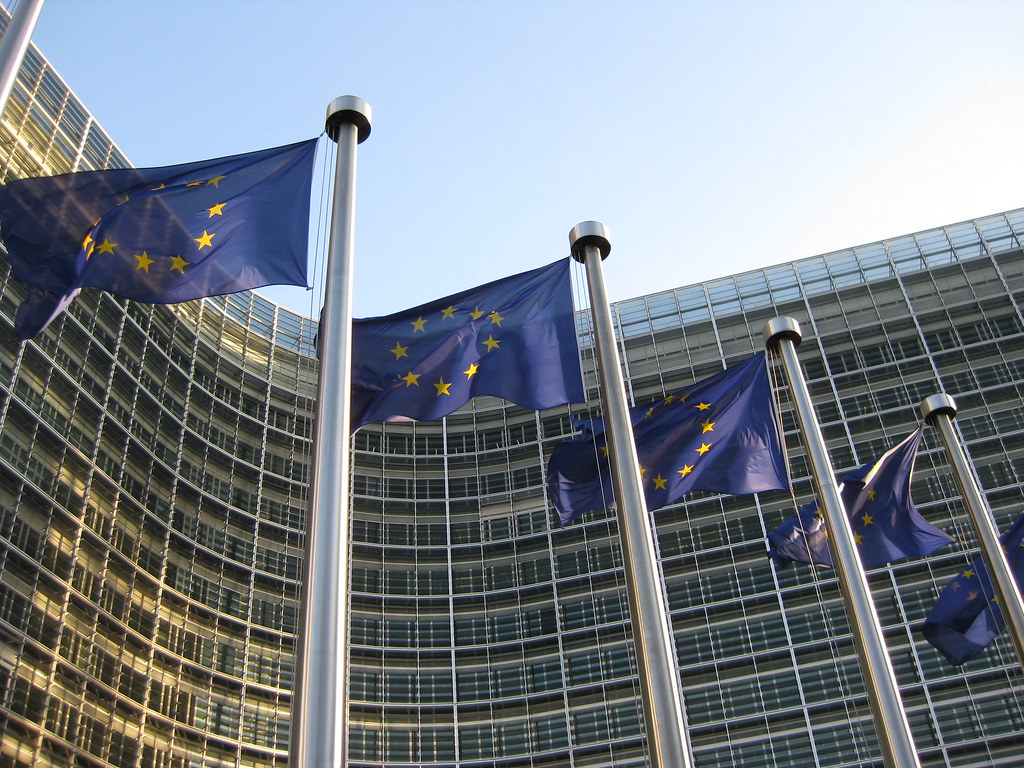Extractive companies join PWYP’s call for improved legislation as the EU’s transparency directive is reviewed
In 2013, the European Union (EU) passed game-changing new transparency legislation amending its Accounting and Transparency Directives to require extractive companies to disclose their revenue payments to governments around the world.
The legislation applies to oil, gas, mining and logging companies listed and registered in the EU. By enhancing accountability from extractive companies and from governments in countries where companies operate, it aims to strengthen transparency and fight corruption, the misuse of public money and illicit financial flows. It also plays a critical role in encouraging greater stability in resource-rich countries, benefitting both citizens and investors.
PWYP’s finding that most stakeholders support EU transparency legislation remains unchanged
Essential to ensure revenues from extraction help improve people’s lives, this legislation is currently under review, offering an important opportunity for it to be strengthened. The European Commission (EC) is expected to publish its assessment of the law’s effectiveness in the coming weeks.
PWYP questions European Commission claim
As part of the process, during the past year, the Commission launched a public consultation and hired a team of consultants to carry out an in-depth assessment of the legislation. In November 2018, the EC published a summary of the 338 responses to the public consultation – received from companies, civil society organisations, public authorities and other stakeholders. At the end of the summary, the EC states: “The industry generally saw the policy as inefficient and called either for the repeal of the policy or, at least, for maintaining the status quo but with reduced complexity.” This set alarm bells ringing among civil society.
In response, PWYP carried out detailed analysis of responses published on the Commission’s website. Our findings do not support the claim that industry was seeking to undermine the legislation. On the contrary, most private-sector stakeholders – including industry associations, investors, accountants and extractive industry representatives – expressed broadly positive views on the EU law.
Public consultation reveals support for EU directive
In January 2019, PWYP filed an access to information request with the EC, which was initially rejected. After a lengthy appeal process, in May the Commission released 66 additional responses, totalling 509 pages, which had not originally been approved for publication by their authors. To our knowledge, this is an unprecedented test of the EC’s access to information process, and the first such victory for transparency. None of the newly-released responses included a call to repeal the extractive transparency legislation. PWYP’s finding that most stakeholders call for it to remain unchanged.
Both the public consultation and the consultants’ report indicate the significant benefits of EU reporting requirements, while highlighting the need to improve the framework to make it more effective. So if extractive companies are not against the legislation, will they be an ally in our efforts to improve it?
Extractive companies join PWYP in calling for enhanced transparency
In June, a group of oil and mining companies joined PWYP in calling on the Commission to increase and improve access to the information provided by companies under the legislation – mainly via a centralised EU-wide online data repository – and to improve the clarity and consistency of reporting requirements. Improving clarity and consistency will help companies gain a better understanding of how to fulfil their obligations and provide civil society in resource-rich countries with better information and higher quality data necessary to hold their governments to account. The companies stated with PWYP in our joint letter to the Commission: “We believe that additional clarity in the legislation would provide a win-win scenario for both groups involved”.
A European Parliament event in 2018 also illustrated the potential for cross-sectoral and cross-party support for greater transparency. The event, “Beating the Resource Curse: Is the EU Oil, Gas and Mining Transparency Legislation Fit for Purpose?”, highlighted the opportunity to improve on the Accounting and Transparency Directives, with the support of MEPs including Pascal Durand (Renew Europe Group) and Ana Gomes (Socialists and Democrats Group), as well as industry representatives such as Equinor (formerly Statoil).
As the European Commission prepares to conclude its review of the EU’s extractive transparency legislation, industry and civil society have joined voices to support the EU’s continued commitment to promoting transparency in the oil, gas and mining sectors. The incoming Commission, the newly elected European Parliament and member states should take note. Improving existing legislation so it ensures natural resource revenues improve everyone’s lives should be high on their agenda.











